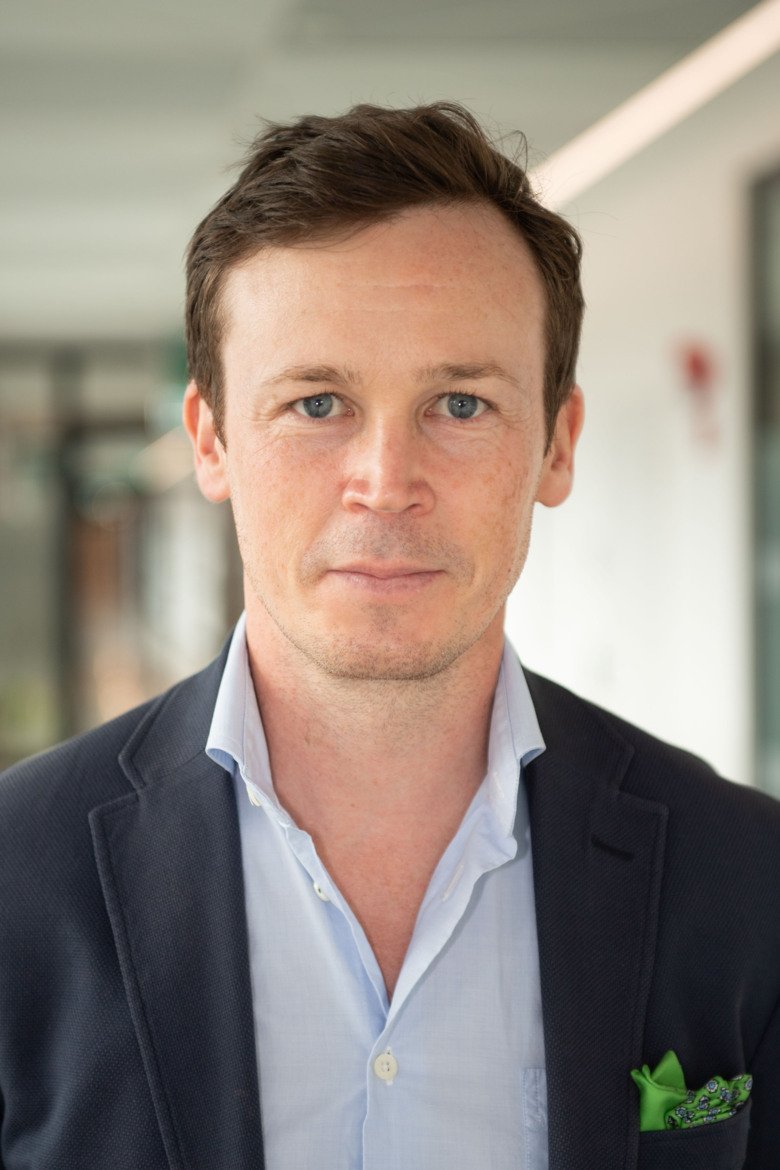More accurate diagnosis and treatment of prostate cancer
While prostate cancer claims many lives, overtreatment is also a significant problem. Martin Eklund develops methods of individualising diagnosis and treatment to reduce fatalities and overtreatment.

What are you researching?
“I research prostate cancer, the most common form of cancer in men. By combining biomarkers, genomics and medical imaging using statistical methods and machine learning, I develop new methods for individualised diagnosis and treatment, which I then put to the test.”
How far have you come?
“One test that we’ve developed for assessing the risk of prostate cancer is now in use in hospitals around the world, including here in Stockholm. It combines genetic factors, biomarkers and clinical data to assess who needs further investigation. We’ve also trained an AI system to identify prostate cancer in microscope images of tissue samples. The results are promising, and our assessments are on a par with the world’s top pathologists. We’re now working on the robustness of the tool to make sure, for instance, that a change of apparatus won’t affect the results. The first clinical trial is underway.
As for treatment, several new drugs have appeared recently that improve survival for men with metastasised prostate cancer – the problem is that hospitals don’t know which patient will benefit from which drug. We’re currently running a clinical study in Sweden, Norway, Belgium and Switzerland in which we’re using genetic and clinical data to learn how to predict drug responses.
I’m also collaborating with American scientists on a large study designed to improve the diagnosis of breast cancer by individualising mammography examinations instead of using a one-size-fits-all for all women, regardless of their risk.”
What do you hope to achieve?
“One important aim of my research is to enable organized screening of prostate cancer, which has not been introduced before as the risks outweigh the benefits. But I think we’re getting close. Several regions are now testing screening, and our research has helped make this happen.”
Text: Anders Nilsson, in translation from Swedish
First published in the booklet ‘From Cell to Society 2022’
About Martin Eklund
Professor of Epidemiology at the Department of Medical Epidemiology and Biostatistics
Martin Eklund was born in 1978 in Kungälv and grew up in Trosa. He graduated with an MSc in Molecular Biology from Uppsala University in 2004 and has degrees in macro-economics (2004) and mathematics (2007).
Martin Eklund earned his PhD at Uppsala University in 2010. He did his postdoc research at AstraZeneca between 2010 and 2011, at KI between 2011 and 2013, and at the University of California, San Francisco, USA, between 2013 and 2014.
Eklund was made docent in 2013 and has been leading a research group at KI since 2015. He has received several awards, including KI’s Consolidator Grant in 2019 and the Swedish Research Council’s Consolidator Award in 2020.
Martin Eklund was appointed Professor of Epidemiology at Karolinska Institutet on 1 June 2022.
